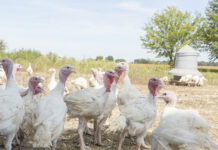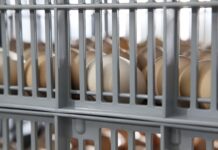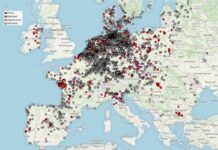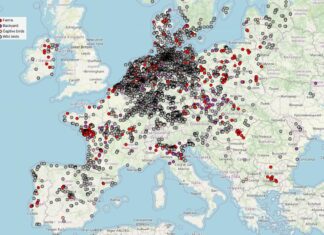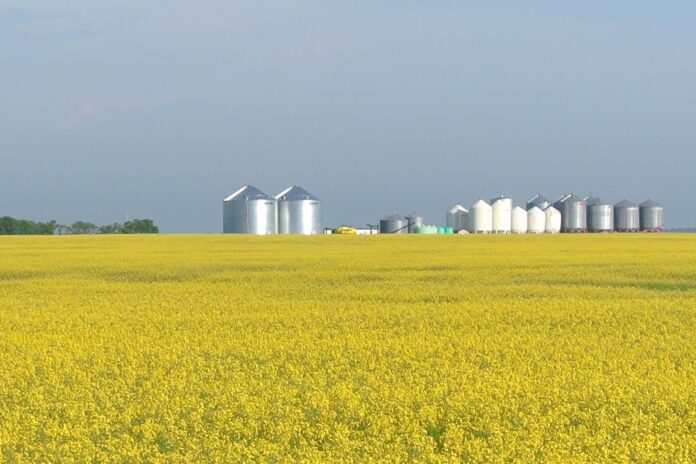
FEFAC welcomes the EU Commission’s willingness to strengthen food security at both global and EU level and the resilience of EU agriculture and food systems in its communication on FTF & Biodiversity.
The EU feed industry has proven its capacity to secure essential feed and food supply chains for the provision of products of animal origin to EU consumers during the COVID-19 crisis, under very challenging conditions and in close cooperation with key supply chain partners and the EU Commission.
FEFAC fully agrees with the Commission analysis of the central role of the Common Agricultural Policy as the key policy delivery mechanism to provide safe, sustainable and affordable food to EU Consumers. As world leaders in animal nutrition efficiency, FEFAC shares the high level of ambition of the EU Commission to meet climate change targets, providing opportunities for EU agriculture and livestock production by providing incentives to produce “more with less”.
No food system can be sustainable without the production of farm animals, due to their essential role in transforming low value human inedible feed materials into high-value nutritious food via milk, meat and eggs to consumers. At the same time farm animals provide highly valued organic fertilisers to arable crops, making them a key component of sustainable food systems based on the Circular Economy principles. The feed industry’s role is to provide optimised animal nutrition, reduced nutrient losses, improved animal health and welfare and increasing environmental performance of animal production systems, via precision feeding systems and the adoption of new technologies.
FEFAC is however deeply concerned about the potential adverse impact of some of the key policy orientations included in the FTF and Biodiversity strategy setting conflicting targets which may actually reduce the EU’s food production capacity. They therefore stress the importance of a thorough inception impact assessment, prior to any specific legislative measures, in line with better regulation practices. This approach will be crucial to ensure policy coherence at EU and national level, in particular regarding the EU’s objective to raise the production and competitiveness of home-grown vegetable proteins.
The EU feed industry has not waited for the FTF Communication in developing new tools for its members and livestock farmers to increase the sustainability and competitiveness of feed and livestock production. It has developed an LCA based methodology for measuring the environmental performance of compound feed (the PEFCR Feed for Food-Producing Animals), validated in 2018 by DGENVI and EU 28 Member States. The FEFAC Soy Sourcing Guidelines have made a significant contribution to facilitate the transformation of the EU soy supply chain. A new module on deforestation-free soy supplies is currently under preparation. FEFAC member companies are offering tailor-made animal nutrition solutions to reduce the need for therapeutic antibiotics at farm level, as part of a farm animal health & welfare management system.
FEFAC President Nick Major: “The EU feed industry is a key driver for the development of sustainable food systems for farm animals and aquaculture. We therefore share some of the overall objectives of the FTF/Biodiversity communication on sustainable food systems. We do however fear that conflicting policy targets and measures announced in the EU Commission communication, may actually undermine the EU’s food production capacity and global leadership role in developing resource efficient sustainable and circular food production systems. We do fully support the new priority setting on food security, resulting from the lessons of the COVID-19 crisis and would strongly recommend to carry out in-depth inception impact assessment before taking any specific legislative measures, preventing any “unintended consequences” by denying farmers access to proven technology, without providing tangible, effective alternatives.”


